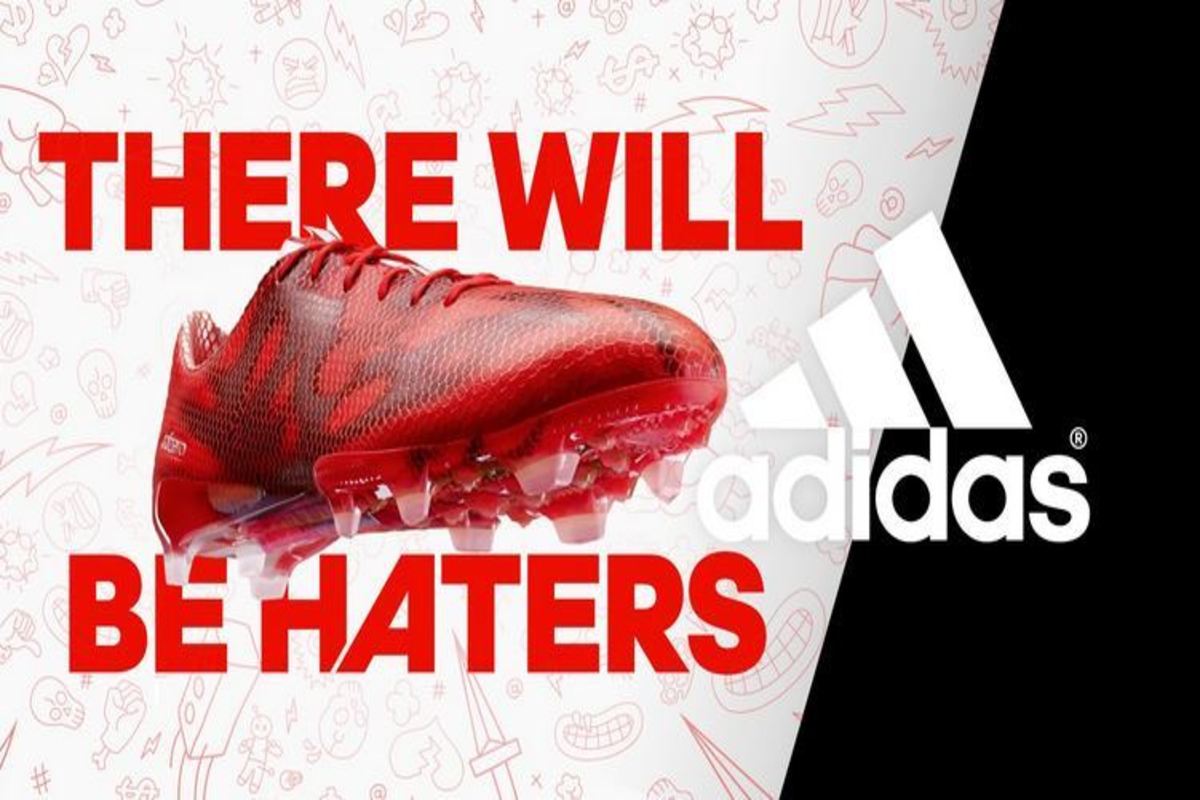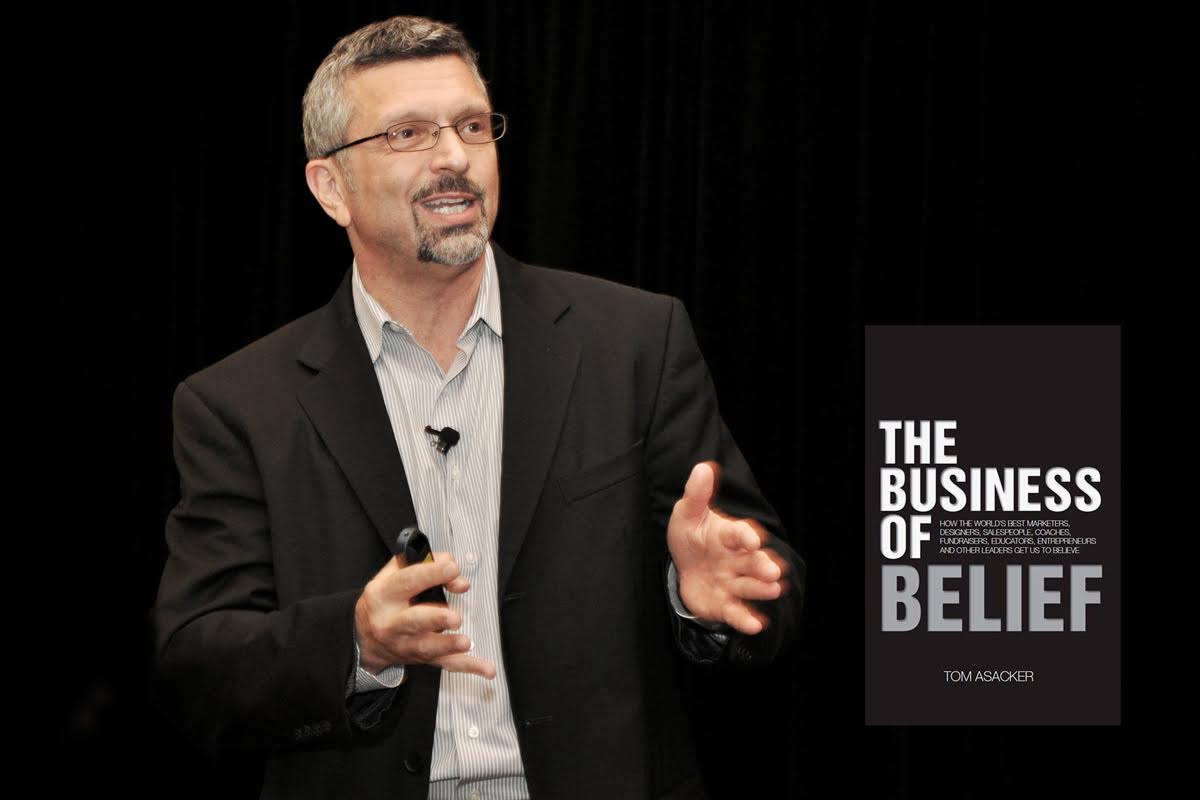Nice piece on the Adidas campaign (thanks for sharing, Dan Ball) draws attention to the need for brands to shift from talking up their products to talking with their customers about the things that matter to them. In this case Adidas puts Luis Suarez out-front and uses the occasion to start a discussion on people’s reactions to those who are successful with the hashtag #therewillbehaters. As Adidas’ director of global brand strategy, Stefanie Knoren points out, “If you put up [this] hashtag … it is not just enough to talk about new boots. People are expecting a conversation around that with you.” A wider brand discussion Increasingly, brands are placing their products and its values and beliefs in the context of a wider discussion. The danger? That the issue overwhelms the product and consumers are more interested in that than what you are trying to ship. Or they’re not interested and give the messages and the product the cold shoulder. The opportunity? To reflect an ethos that people are drawn to, that lifts their esteem …










